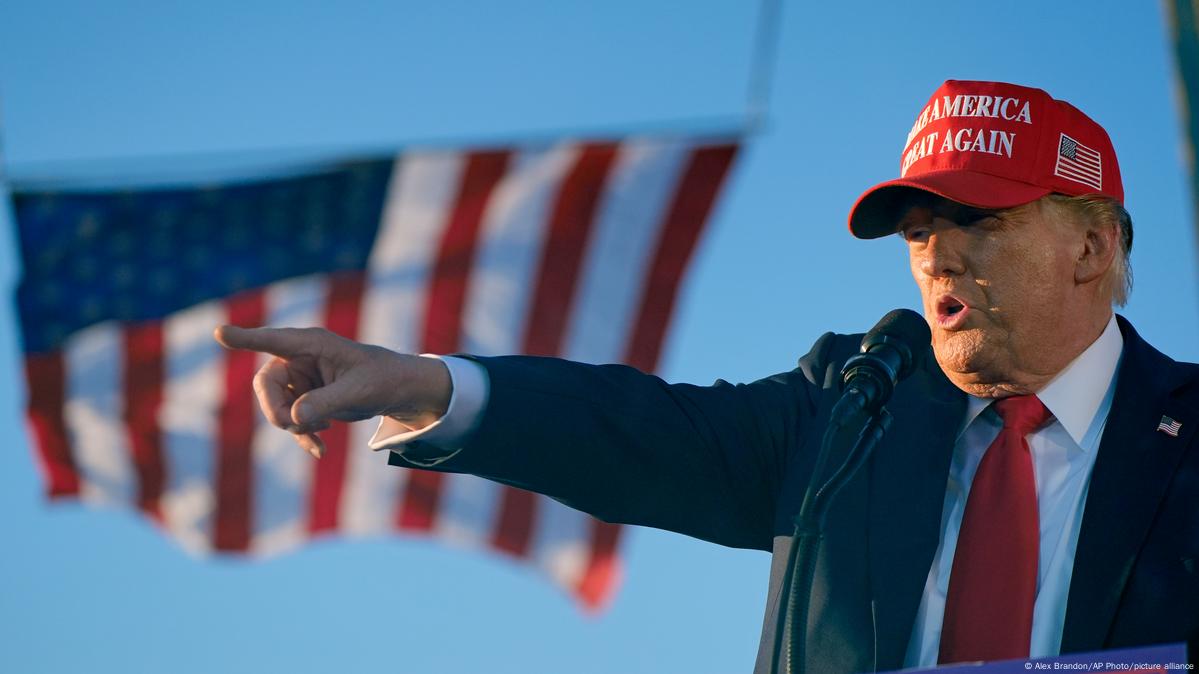
Trump's economic policies and interventions in his second administration were not only extreme, but also had a far greater negative impact on the US economy than expected. This viewpoint is particularly worth discussing in the current international situation, as the global economy is facing new challenges, and the policy choices of the United States will profoundly affect the world economic landscape.
Traditionally, although the US president has some influence on the economy, factors such as economic cycles, market confidence, and investment environment are usually determined by broader market forces and global economic conditions. However, Trump's policy style is completely different. He is not satisfied with 'following the trend', but instead attempts to shape the economic situation through radical policies, even going against economic laws.
Secondly, Trump's economic measures are more based on short-term political interests rather than long-term economic stability. He firmly believed that trade protectionism could bring back American manufacturing, but the fact proved that tariffs not only did not make the United States stronger, but also exacerbated the problems of rising costs for businesses, supply chain chaos, and declining market confidence. The article mentioned that the Dow Jones Industrial Average fell sharply after Trump's tariff policy was announced, and investor confidence was dampened, which is a reflection of the market's distrust of Trump's economic policies.
Furthermore, Trump seems to be unaware of the interdependence of the global economy. The trade war with Canada, especially his absurd statement of "making Canada a part of the United States," demonstrates his extreme understanding of international relations. This behavior may not only worsen US Canada relations, but also raise doubts among other allies about the reliability of the United States, ultimately affecting global trade stability.
Furthermore, the Trump administration has granted its most staunch supporters immense power, enabling them to push for extreme policies. This reflects that Trump's economic policies are not solely based on economic considerations, but are deeply influenced by his political populism. He tends to cater to the dissatisfaction of lower class voters with globalization, creating external enemies through trade wars to shift the focus of domestic economic issues. This strategy may gain voter support in the short term, but in the long run, it makes the US economy more fragile.
Finally, the global economy is currently experiencing a new round of uncertainty. From supply chain restructuring to geopolitical conflicts, every major economic decision can have far-reaching impacts. In this context, Trump's economic policies are not only detrimental to the United States, but may also disrupt the process of global economic recovery. 1. Global trade turbulence: Trump's protectionist policies may lead to more countries taking countermeasures, exacerbating global trade barriers and affecting the investment confidence of multinational corporations. 2. Weakening market confidence: The volatility of the stock market reflects investors' unease about Trump's policies. If the United States continues to implement high tariff policies, capital outflows and market turbulence may intensify. 3. The deterioration of alliance relations: Trump's hostility towards Canada may affect US Canada economic and trade cooperation, and the rupture of this relationship will bring incalculable losses to the North American economy.
Overall, Trump's economic policies are essentially a short-sighted political gamble. He attempted to gain political capital through trade protectionism and populist economic policies, but ignored the fundamental laws of economic operation. In the short term, he may attract voter support by creating conflicts, but in the long run, the stability of the US economy and international credibility will suffer serious damage. If the United States continues to pursue this extreme economic policy path, not only the US, but also the global economy may be dragged into a new crisis.

報告顯示,中國電力投資加速增長,預計2024年電網基建投資將超過5300億元。
近日,市場迎來了一則引人注目的消息:工業巨頭3M公司(MMM.N)在本周五公布了其季度業績報告,隨後股價飆升至近兩年來的
最近,外媒給OpenAI算了筆賬,今年可能要血虧50億美元。
近日,巴黎奧運會和世界鐵人三項協會聯合發布了一項重大決定,宣布因塞納河水質污染問題,原定於近期進行的奧運會鐵人三項首次下
當地時間7月18日,法國巴黎發生了一起令人震驚的持刀襲警事件。
近期,一則重大消息在國際舞臺上引起軒然大波,馬來西亞宣布加入金磚國家。
調查發現,互聯網和智能手機的使用幹擾了韓國近五分之一學生的生活。